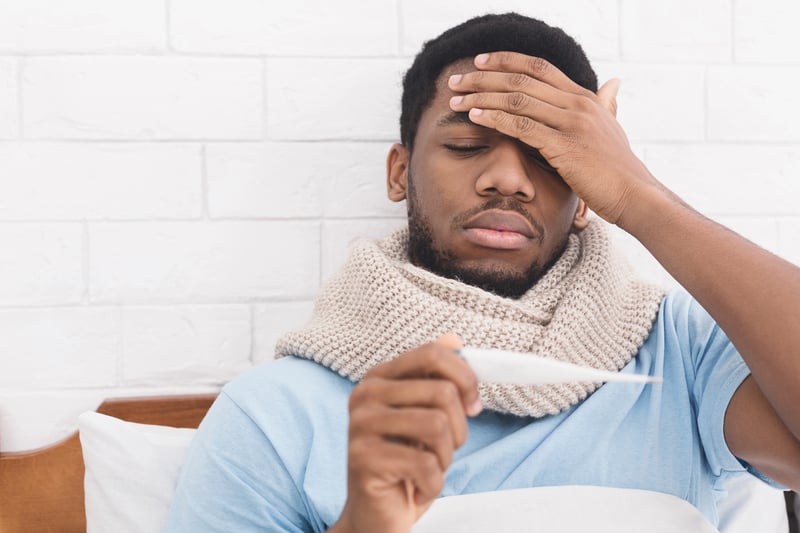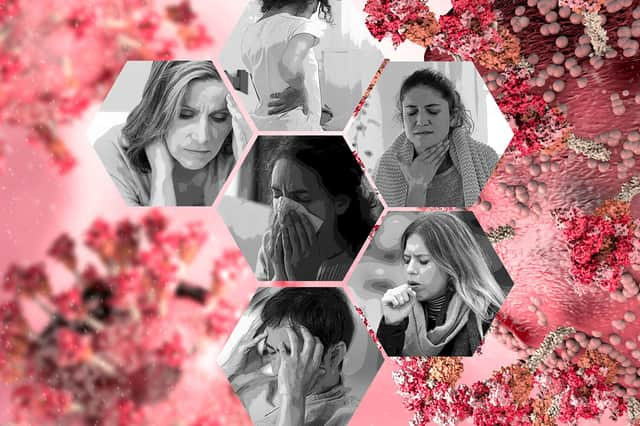Covid rules are being relaxed across the UK following a decline in Covid cases, but people are still urged to remain cautious.
Boris Johnson set out his plan for ending the final coronavirus laws in England earlier this week, telling MPs it is time to move away from government restrictions to “personal responsibility”.
The changes this week have seen the legal requirement to self-isolate after a positive Covid test scrapped, while free universal symptomatic and asymptomatic testing will end for the general public from 1 April.
Despite the relaxations, the Prime Minister has stressed that “the pandemic is not over”, but the country has now passed the peak of the Omicron wave.
Case numbers have been falling and hospitalisations in England are now fewer than 10,000, with the link between infection and severe disease “substantially weakened”.
Mr Johnson said the UK now has sufficient levels of immunity to be able to rely on vaccines and treatments as the first line of defence, rather than government restrictions, but warned that resurgences of the virus are possible in the future.
As such, the official public health advice remains that anyone who has coronavirus should stay at home for at least five days, although this will no longer be legally enforced in England.
As Omicron can cause symptoms that are very similar to the common cold, it can be difficult to spot the signs of infection.
If you are unsure what to look out for, these are 10 of the most commonly reported symptoms of Omicron, including one unusual effect that appears during the night.
Read more:
The changes this week have seen the legal requirement to self-isolate after a positive Covid test scrapped, while free universal symptomatic and asymptomatic testing will end for the general public from 1 April.

5. Night sweats
South African doctors have reported to the country’s Department of Health that patients infected with Omicron have been experiencing night sweats. This is when the body sweats so much that your clothes and bedding are soaking wet when you wake, even though where you are sleeping is cool.

6. Dry cough
As with other Covid-19 strains, Omicron patients have reported suffering with a dry cough. This usually only lasts for a few days and can be relieved with paracetamol and drinking plenty of fluids, such as honey and lemon.

7. Fever
A slight temperature or fever has also been linked to Omicron. This symptom is common of other coronavirus strains and considered one of the three main indicators of infection. Having a temperature over 37.8C is likely to be a sign of Covid.

8. Runny nose
While a runny nose could be a sign of a common cold or flu, it has also been linked to the Omicron variant. This is because a viral infection causes the nose to produce more mucus to help trap and wash away viral particles. Again, if you are concerned you may have Covid you should take a test to be sure.


